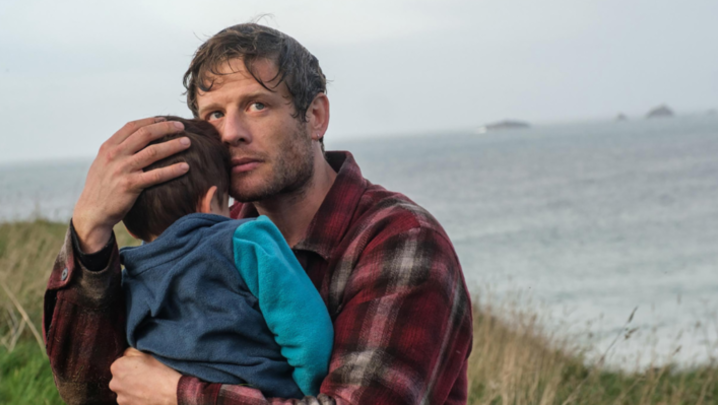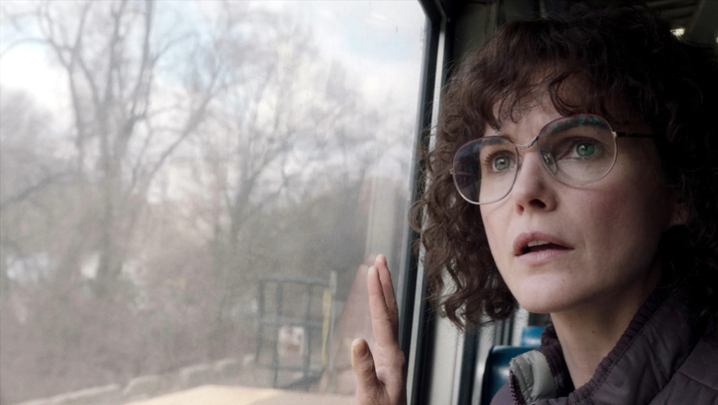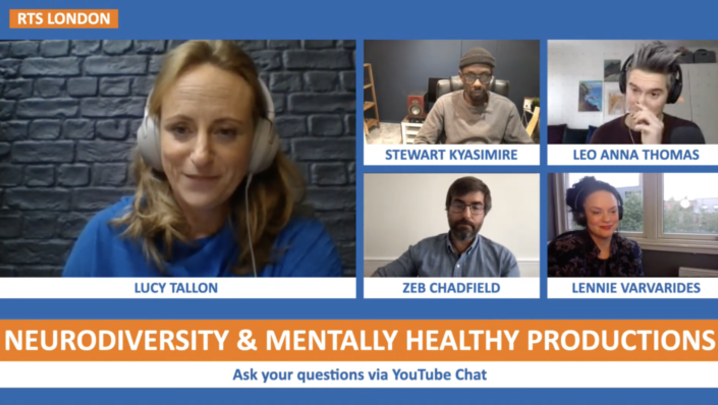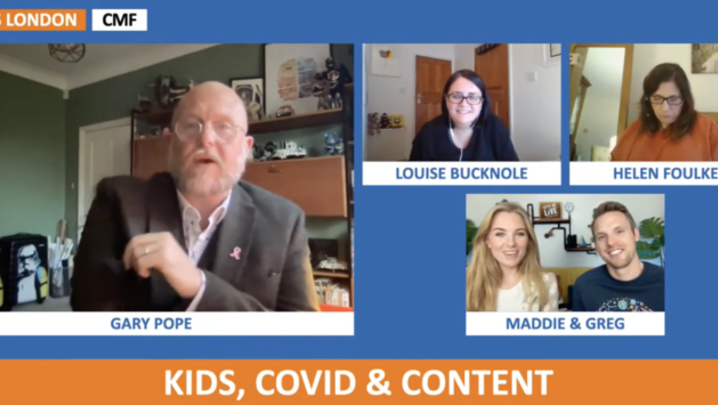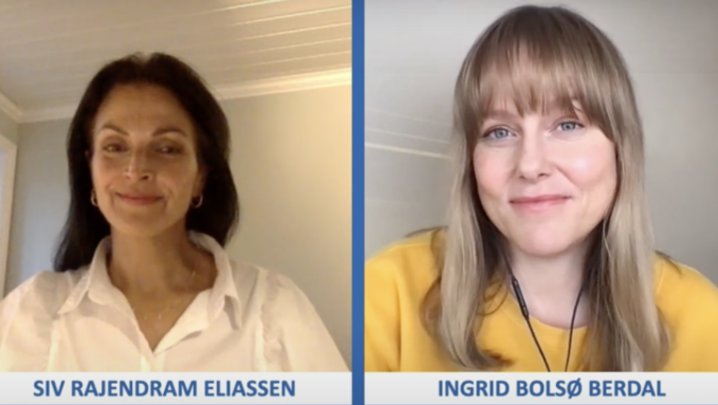We live during the golden age of TV. But is there too much eye-candy and is lockdown encouraging us to become addicted to series that during ordinary times would seem, well, mediocre?
That was the core of an RTS London discussion, “Too much TV!”, which examined how the pandemic is affecting our viewing tastes and why, despite significant progress, platforms need better curation to guide audiences through the labyrinth of peak TV.
As all the panellists agreed, you can’t have too much great TV. Whether there is enough of it is a moot point.
And, perhaps, ultimately, the definition of what constitutes outstanding TV is subjective.
Manori Ravindran, Variety’s international editor, reminded the RTS that nominations for the Golden Globes had bizarrely omitted to include I May Destroy You, widely regarded as one of the very best TV shows of 2020.
She recounted how, despite herself, she’d invested a lot of time and emotion in Sky Atlantic’s much-marketed thriller, The Undoing. In retrospect, she regarded the show she was addicted to as a routine crime series, regardless of the star casting of Nichole Kidman and Hugh Grant.
Spending 20 minutes scrolling through Netflix trying to find something to watch and then giving up, a victim of what panellist Nigel Walley, Managing Director of consultancy Decipher, described as “the tyranny of choice,” was not an uncommon experience, according to Frances Taylor, streaming editor at Radio Times.
Like modern pop, heard on services such as Spotify, decisions about what to watch are often made following a brief sample of a particular show – say, ten minutes of viewing.
Would better curation help navigate the ocean of TV? The stand-out shows are there, even if they are not always easy to find.
Arguably, word-of-mouth recommendations communicated via social media were a more effective way for certain audiences to discover something genuinely rewarding to watch than the SVoDs’ own personal recommendations.
“The success of shows like Bridgerton and Normal People owed a lot to clips being shown on social media,” said Taylor. “If your friends are really into something and they tell you about it, you’re more likely to give it a go because you trust their opinion.”
Unsurprisingly, listening to this debate, there appeared to be two distinct kinds of viewing – younger audiences fond of box-set binging on streaming services while older audiences tended to default to traditional broadcasters.
“I’m watching live Six Nations rugby at the moment,” said Walley, acknowledging that he was twice the age of the other two panellists and session chair, Abby Robinson, a TV writer at Digital Spy. “We can’t forget the fact that people are still consuming soaps every day. I’d like to fly the flag for live, scheduled linear broadcast TV, and not just focus on on-demand.”
He predicted that more technological innovation was in the pipeline to aid viewers faced by too much choice.
“Sky Q, Netflix and Amazon had driven innovation in presentation and search. There’s still lots to do… Better quality search and recommendation will probably be the next wave of tech innovation.”
What, then, constituted a hit in this era of peak TV? It didn’t always correlate to the size of a show’s budget, argued Walley. Sometimes social relevance was key, he added, highlighting the breakout success of Channel 4’s It’s a Sin. The drama’s subject matter, the Aids epidemic of the 1980s, struck a particular chord in this time of coronavirus.
“Social-issue drama, and I’m including I May Destroy You, that is topical encourages word-of-mouth recommendations,” added Ravindran.
“Too much TV! Navigating the new golden age” was an RTS London event held on 10 February. The producers were Philip Barnes and Damien Ashton-Wellman.




